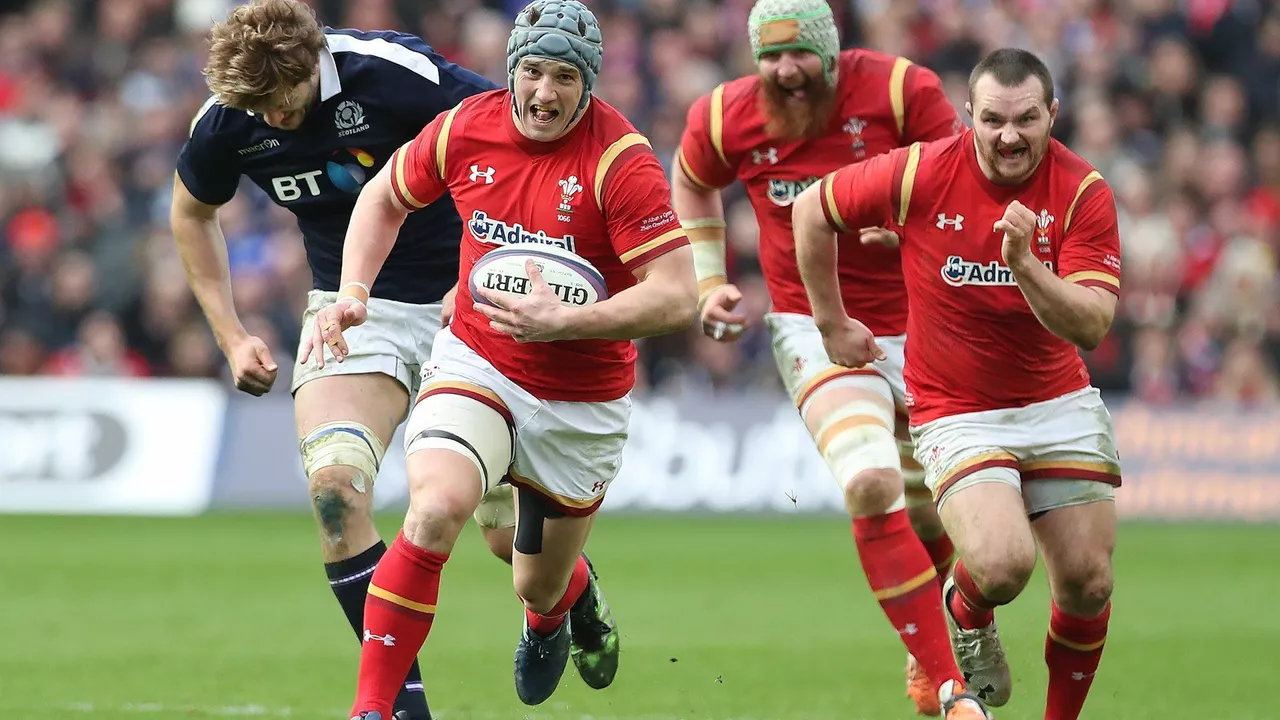Sports Culture – How Rugby Shapes Community and Fans in Wales
When you walk into a Welsh pub on a match day, you can feel the buzz before the first whistle. Rugby isn’t just a sport here; it’s a thread that ties families, friends, and strangers together. The chants, the stories, the shared grief after a loss – they all form a living culture that lives beyond the stadium.
Why Rugby Holds Such a Strong Place
Rugby arrived in Wales over a hundred years ago and quickly became a way for working‑class towns to show pride. The game’s physicality mirrors the rugged landscape, while the teamwork reflects the close‑knit community spirit. That’s why you’ll see school kids practicing in the park, grandparents recalling legendary matches, and newcomers joining local clubs – everyone finds a place.
Take the classic debate about French referees, for example. Fans love to argue, but those conversations keep the sport alive in everyday talk. Whether you agree or not, you’re still part of the conversation, and that builds a shared identity.
Everyday Moments that Build the Culture
From the excitement of learning rugby at 35 to the curiosity about why the All Blacks struggle against France, each story adds a layer to the culture. A 35‑year‑old rookie discovers that age is just a number, proving that the sport welcomes anyone willing to try. Meanwhile, ideas about why the All Blacks stumble against France spark jokes, memes, and heated debates – all of which keep fans engaged.
Even topics that seem far from rugby, like Ireland’s recognition of a Palestinian state or the popularity of rugby league in the United States, end up influencing the conversation. They remind fans that sports don’t exist in a vacuum – politics, geography, and global trends all seep into the way we talk about the game.
Fans also shape the culture through their actions. When a local club hosts a charity match, when a group of supporters travels to an away game, or when a new fan asks, “Do Americans play rugby?” – these moments expand the community beyond the Welsh borders.
And let’s not forget the simple facts that keep the game running: 15 players on the field, a handful of substitutes, and the occasional question about why rugby isn’t yet an Olympic sport. These details may sound basic, but they’re the building blocks that every fan learns, shares, and passes on to the next generation.
In short, sports culture in Wales revolves around connection. It isn’t just about scores or trophies; it’s about the stories you hear at the local café, the debates you join online, and the feeling of belonging when the national anthem plays. So next time you hear a chant or see a group of friends sporting the red dragon, remember you’re witnessing a living piece of Welsh heritage – one that will keep growing as long as the game is played.

Why is rugby not so popular in European countries?
- May, 5 2023
- 0
Rugby has always been a fascinating sport to me, but I can't help but notice its lack of popularity in many European countries. One reason could be the dominance of football, which has a much stronger following and media presence across Europe. Additionally, rugby's complicated rules and physical demands may deter some people from participating or following the sport. Furthermore, rugby has a history of being associated with elite schools and social classes, which might not resonate well with everyone. Lastly, the lack of investment in grassroots rugby development programs could also contribute to its limited growth in popularity.
Categories
- Sports (5)
- World News (5)
- Entertainment (4)
- Sports and Recreation (3)
- Sports Commentary and Analysis (2)
- Sports Analysis (2)
- Sports History (1)
- Sports and Culture (1)
- Sports and Fitness (1)